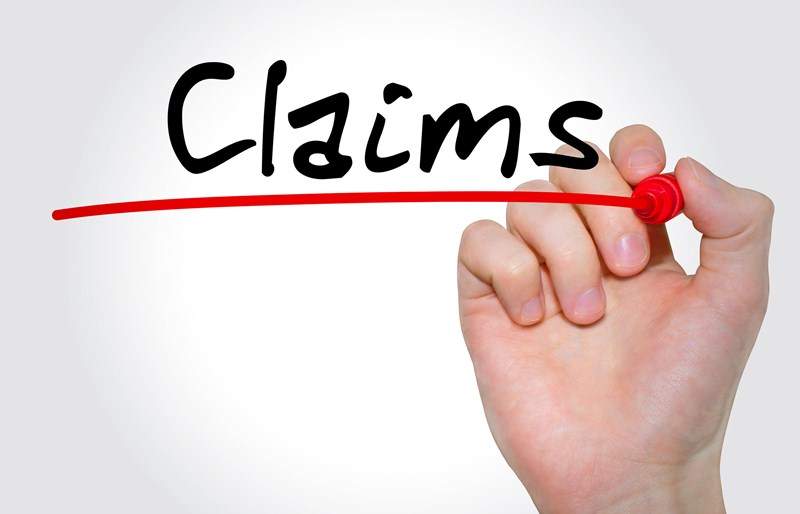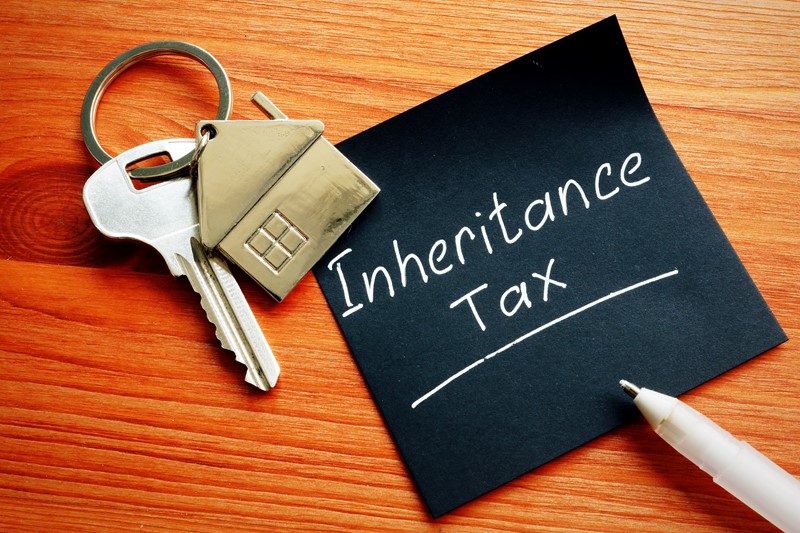There are a number of reliefs available that can reduce liability to Inheritance Tax (IHT).
One of these reliefs is known as IHT Business Relief and is a valuable tax relief for taxpayers with business interests, offering either 50% or 100% relief from IHT on the value of the business assets if certain conditions are met. For example:
- 100% Business Relief can be claimed on a business or interest in a business or on shares held in an unlisted company.
- 50% Business Relief can be claimed on:
- shares controlling more than 50% of the voting rights in a listed company;
- land, buildings or machinery owned by the deceased and used in a business they were a partner in or controlled; and
- land, buildings or machinery used in the business and held in a trust that it has the right to benefit from.
Relief is only available if the deceased owned the business or asset for at least 2 years before they died. There are a number of restrictions to the relief, for example if the company in question mainly deals with securities, stocks or shares, land or buildings, or in making or holding investments. In some cases, partial Business Relief may be available.












